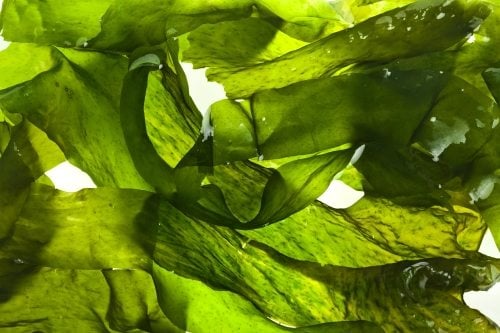Lloyd’s Register Foundation has agreed a £500,000 (US$608,190) grant to the world leading food sciences institution, Wageningen University and Research (WUR), supporting the Safe production Of Marine plants and use of Ocean Space (SOMOS).
The project was developed jointly between Lloyd’s Register Quality Assurance (LRQA), the Foundation and WUR, and is the first project targeted at the food sector to be funded by the Foundation.
Vincent Doumeizel, LRQA’s VP food, beverage and sustainability, will help steer the project by joining its advisory board.
Competition for maritime space is on the rise from a number of sources, including tourism, transportation, energy production, fishing and aquaculture.
One solution is to share this space between multiple activities, which raises significant safety issues.
This project aims to develop a meaningful safety assessment and controls for multiple simultaneous uses to enable the safe creation of energy sources and food at sea in the form of aquatic algae (mostly seaweeds).
“As we are using our oceans and seas more intensively, can we further integrate use? Can we enable to have a true multiple and safe use of our sea space?” says Wageningen Research project leader, Dr. ir. Luc van Hoof.
“In the SOMOS project we will develop a framework that will assist in developing this co-use of the seas, integrating different uses such as renewable energy production and novel food and feed production from seaweed, in a safe way by developing standards and safe operational practices.
“In this way we will address the global challenges of producing food, energy and efficient use of our waters to cater for the needs of the world population of 2050.”
Although seaweed has been collected for centuries as a source of food and animal feed, logistics and safety issues have often hampered large scale production.
Cultivation of seaweed presents a number of significant opportunities: It is a sustainable and efficient source of protein; it provides a natural desalination process; it absorbs carbon dioxide – contributing to greenhouse gas reduction; and its residue can be used to create energy through biomass.










